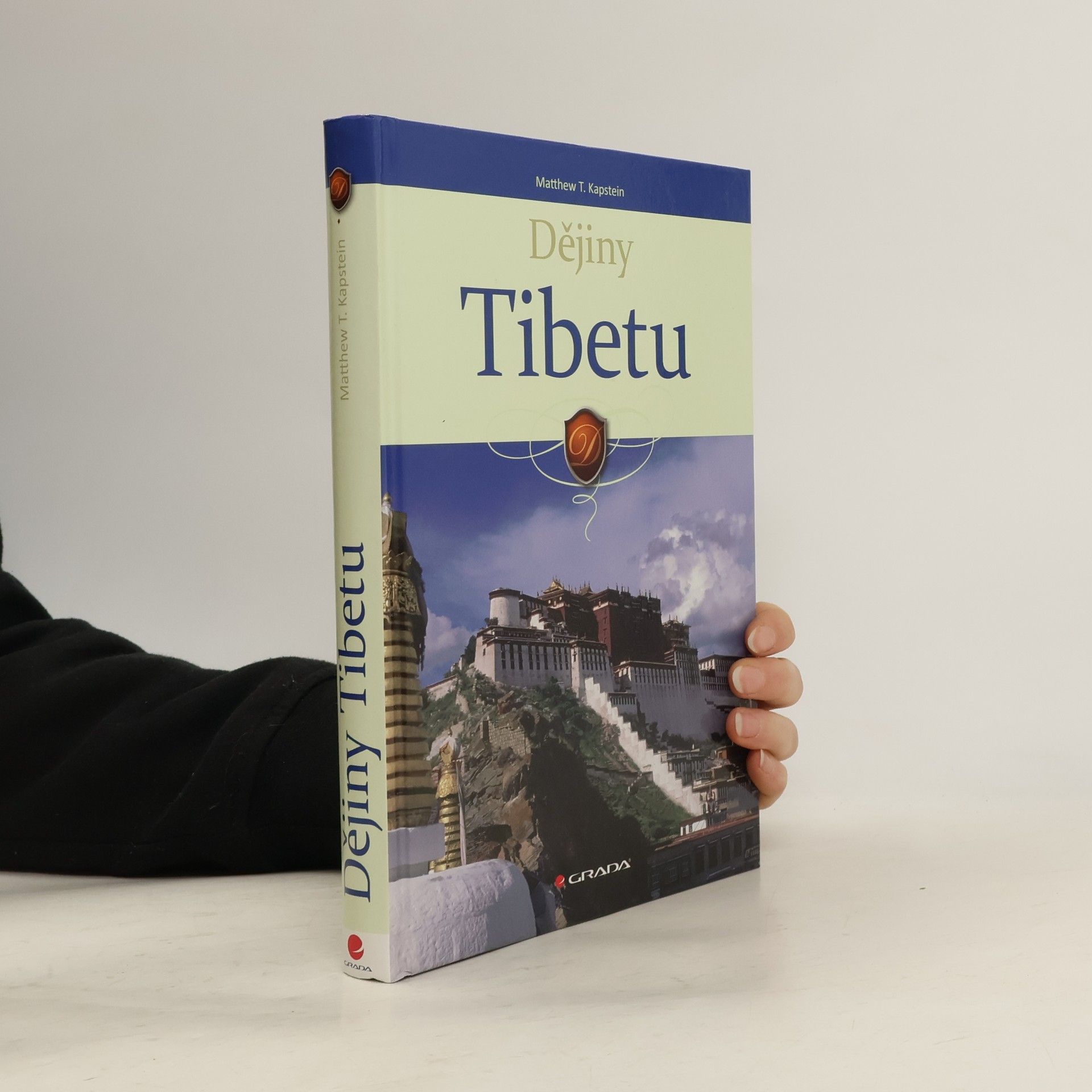Matthew Kapstein Book order (chronological)
Matthew Kapstein is a leading scholar of Tibetan religions and Buddhism, with his work delving into the profound philosophical currents and cultural heritage of Tibet. He particularly examines the influence of historical events, such as the Chinese invasion, on the development and preservation of Tibetan religious traditions. His analyses illuminate the complex interplay between spiritual life and political upheaval, offering unique insights into the enduring significance of Tibetan culture. Kapstein's approach involves meticulous study of texts and cultural practices, bringing the richness and resilience of this fascinating tradition to readers.




Sources of Tibetan Tradition
- 856 pages
- 30 hours of reading
The most comprehensive collection of Tibetan works in a Western language, this volume illuminates the complex historical, intellectual, and social development of Tibetan civilization from its earliest beginnings to the modern period. Including more than 180 representative writings, Sources of Tibetan Tradition spans Tibet's vast geography and long history, presenting for the first time a diversity of works by religious and political leaders; scholastic philosophers and contemplative hermits; monks and nuns; poets and artists; and aristocrats and commoners. The selected readings reflect the profound role of Buddhist sources in shaping Tibetan culture while illustrating other major areas of knowledge. Thematically varied, they address history and historiography; political and social theory; law; medicine; divination; rhetoric; aesthetic theory; narrative; travel and geography; folksong; and philosophical and religious learning, all in relation to the unique trajectories of Tibetan civil and scholarly discourse. The editors begin each chapter with a survey of broader social and cultural contexts and introduce each translated text with a concise explanation. Concluding with writings that extend into the early twentieth century, this volume offers an expansive encounter with Tibet's exceptional intellectual heritage.
What does Tibetan Buddhism teach? Just what is the position of the Dalai Lama, and how will his succession be assured? This Very Short Introduction offers a brief account responding to these questions and more, in terms that are easily accessible to those who are curious to learn the most essential features of Tibetan Buddhist history, teachings, and practice.
Dějiny Tibetu
- 328 pages
- 12 hours of reading
Tajemná a starobylá tibetská kultura je pro českého čtenáře odhalena v knize zkušeného znalce tibetských reálií. Země, která je v současnosti známá hlavně kvůli čínské okupaci, má ve skutečnosti bohatou a složitou historii plnou zvratů, stejně tak jako osobité náboženství a kulturu, která je skutečnosti mírně odlišná od běžného obrazu Tibetu, jak je vnímám médii. Kniha nám vyloží jak podobu každodenního života Tiběťana v různých obdobích, tak samotnou historii Tibetu, počínaje prehistorickými a mytologickými legendami, představí nám období mocného středověkého impéria, a samozřejmě se zabývá i moderním obdobím pod čínskou správou, včetně populární osobnosti čtrnáctého dalajlamy.